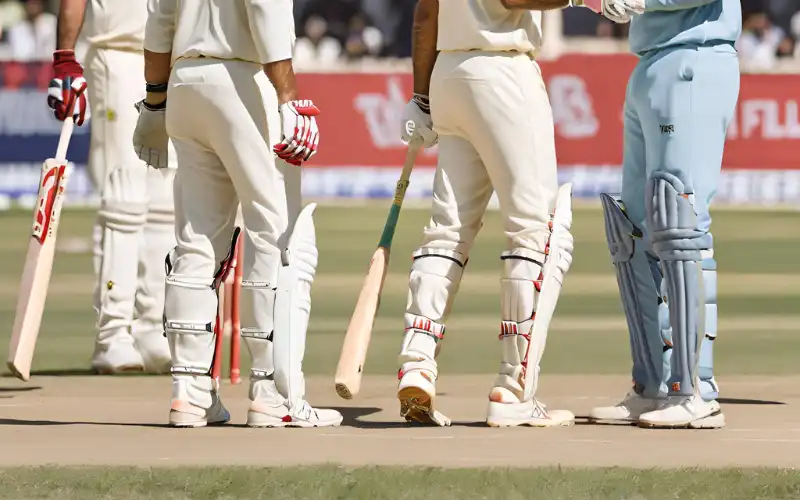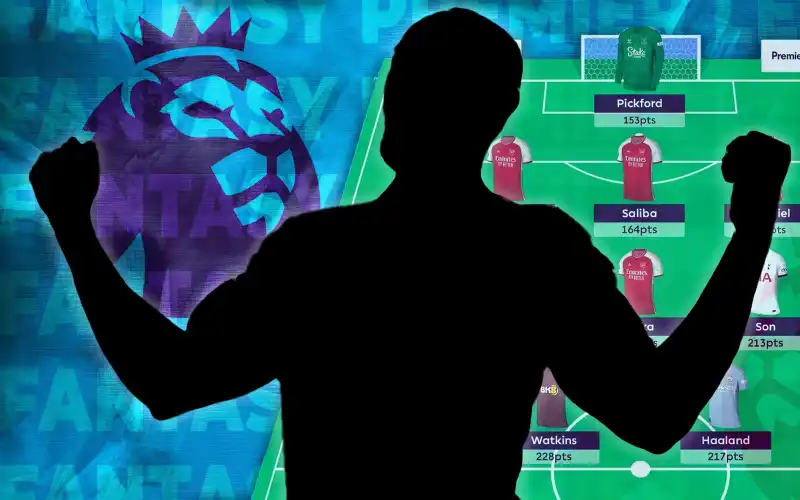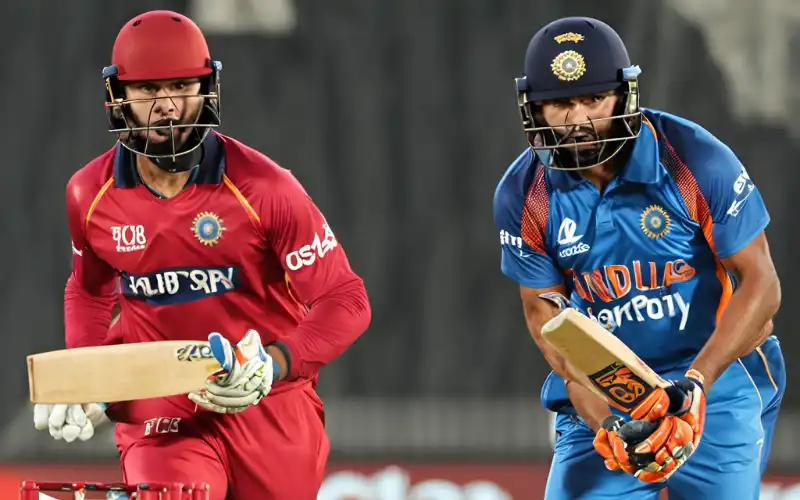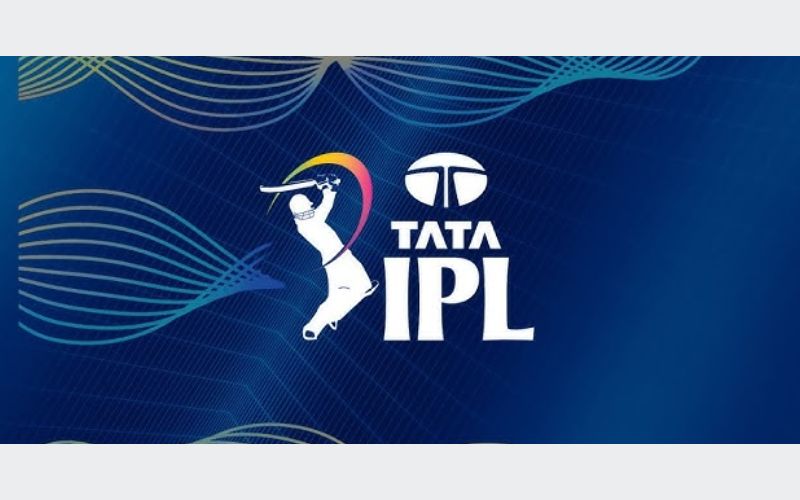India has long been a powerhouse in the world of field hockey. From its early days of dominance to its recent resurgence, India hockey has captured the hearts of millions. The national team’s journey has been filled with unforgettable moments, historic victories, and inspiring performances. In recent years, hockey India has seen a revival, reclaiming its place among the elite teams in the world. In this article, we explore the remarkable journey of India hockey, the unforgettable moments that have shaped the sport, and how the nation is once again proving its mettle on the global stage.
A Glorious Past: The Legacy of India Hockey
India’s love affair with hockey dates back to the early 20th century. The country has produced some of the greatest players in the history of the sport and has consistently been a force to reckon with.
- Olympic Success
India’s hockey history is marked by a series of Olympic triumphs. With eight Olympic gold medals, India holds a special place in the annals of Olympic history. These victories in the mid-20th century, especially during the reign of legendary players like Dhyan Chand, turned India hockey into a symbol of excellence and pride. - Early Years of Dominance
India’s domination in hockey during the 1920s to the 1950s was unmatched. The team consistently topped the podium in global tournaments, and the sport became a cornerstone of national identity. This era saw India firmly establish itself as a force in hockey India, with the team often regarded as one of the best in the world. - Memorable Moments
One of the most iconic moments in India hockey history came during the 1975 World Cup in Kuala Lumpur, where India won the tournament, defeating Pakistan in a thrilling final. This victory helped reaffirm India’s status as a hockey powerhouse.
The Resurgence of Hockey India
In recent years, hockey India has witnessed a remarkable resurgence, marked by a series of outstanding performances and significant achievements. After facing a period of relative decline, India’s hockey team has started regaining its competitive edge.
- Strong Performances in International Competitions
The revival of hockey India began with consistent performances in global tournaments. The Indian team’s impressive displays at the Sultan Azlan Shah Cup, FIH Hockey World Cup, and the Asia Cup have brought the sport back into the spotlight. These performances have not only boosted the confidence of the team but also rekindled the love for the sport among Indian fans. - The Rise of Young Talents
The younger generation of players has played a crucial role in the resurgence of India hockey. Players like Manpreet Singh, Harmanpreet Singh, and Mandeep Singh have brought new energy to the team, combining skill, speed, and resilience. This infusion of youthful talent has reinvigorated the Indian team, helping them challenge the best in the world once again. - 2020 Tokyo Olympics: A Historic Performance
The hockey team’s performance at the 2020 Tokyo Olympics was a landmark moment in the history of the sport. After decades of waiting, India claimed a historic bronze medal in men’s hockey, a result that was celebrated as a major achievement for the nation. This win helped restore India’s position in international hockey, showcasing the team’s resilience and determination.
Unforgettable Moments That Defined India Hockey

Over the years, hockey has provided some truly unforgettable moments, from stunning victories to heart-stopping finals. Here are some of the most memorable highlights that have defined the sport in India.
- The 1975 World Cup Victory
The 1975 World Cup win in Malaysia remains one of the most cherished moments in hockey India history. The Indian team, led by coach Balkrishna Ratra, defeated Pakistan in a nail-biting final to clinch their first-ever World Cup title. The victory marked the culmination of years of hard work and dedication, placing India back on top of the hockey world. - The 1980 Moscow Olympics
Although not as dominant as previous eras, the Indian team’s victory at the 1980 Moscow Olympics was still a significant achievement. India defeated Spain in the final, winning the gold medal and demonstrating the nation’s ability to perform on the biggest stage despite growing competition from other hockey nations. - Tokyo 2020: A Bronze that Shook the Nation
After a long wait of 41 years, the Indian men’s hockey team clinched a bronze medal at the Tokyo 2020 Olympics. The moment was especially sweet for fans who had been longing for India’s return to the podium since their last Olympic medal in 1980. The thrilling victory over Germany in the bronze medal match showcased the team’s grit, skill, and collective effort. - Victory at the Sultan Azlan Shah Cup
Another iconic moment for hockey India came in 2010 when the team won the Sultan Azlan Shah Cup for the first time in 14 years. The victory marked India’s return to form on the global stage, proving that they were once again a formidable force in international hockey.
The Growth of Hockey in India
In addition to the rise of hockey India on the international stage, the sport is also seeing an increase in popularity and participation at the grassroots level.
- Increased Investment in Grassroots Programs
One of the key factors behind the resurgence of hockey has been the increased investment in grassroots development programs. Local and regional hockey competitions have encouraged young players to take up the sport and showcase their talent. These programs have produced several promising players who have gone on to represent India at various international tournaments. - The Influence of the Hockey India League (HIL)
The Hockey India League (HIL) has been a game-changer for the sport in India. Launched in 2013, this professional league has attracted top international players and created a platform for young Indian players to showcase their skills. The HIL has helped increase the visibility of hockey India, offering fans the opportunity to watch exciting matches and learn from the best in the world. - National Support and Infrastructure
The support from the government and private entities has played a pivotal role in revitalizing hockey. The construction of state-of-the-art stadiums, improved coaching facilities, and better medical support have contributed significantly to the development of players. With more attention on the infrastructure, the Indian team is now equipped to compete at the highest levels.
The Future of India Hockey
With the recent successes and the growing talent pool, the future of hockey looks promising. Here are some factors that will shape the future of the sport in the country:
- Ongoing Player Development
As more young talents emerge from different parts of India, the focus will be on further enhancing player development. The combination of advanced coaching methods, modern technology, and better training facilities will ensure that hockey India remains competitive on the global stage. - International Success
India’s recent success in global tournaments has raised expectations for future performances. With a talented and motivated team, hockey has the potential to continue challenging for top positions in major tournaments like the FIH World Cup and the Commonwealth Games. - Hockey’s Growing Popularity
As the sport continues to gain popularity across the nation, there will be a rise in sponsorships, media coverage, and fan engagement. The increasing visibility of hockey India will inspire the next generation of players, ensuring that the sport thrives in the coming years.
Conclusion
India hockey has truly reclaimed its glory with unforgettable moments, historic victories, and a renewed sense of purpose. From the days of dominance in the mid-20th century to the recent bronze medal at the Tokyo Olympics, hockey India has remained a symbol of resilience, passion, and determination. As the sport continues to grow and evolve, India’s hockey game will undoubtedly shine on the world stage, inspiring future generations of players and fans. With a promising future ahead, India hockey is poised to reach new heights, bringing unforgettable moments to the world of sports.







